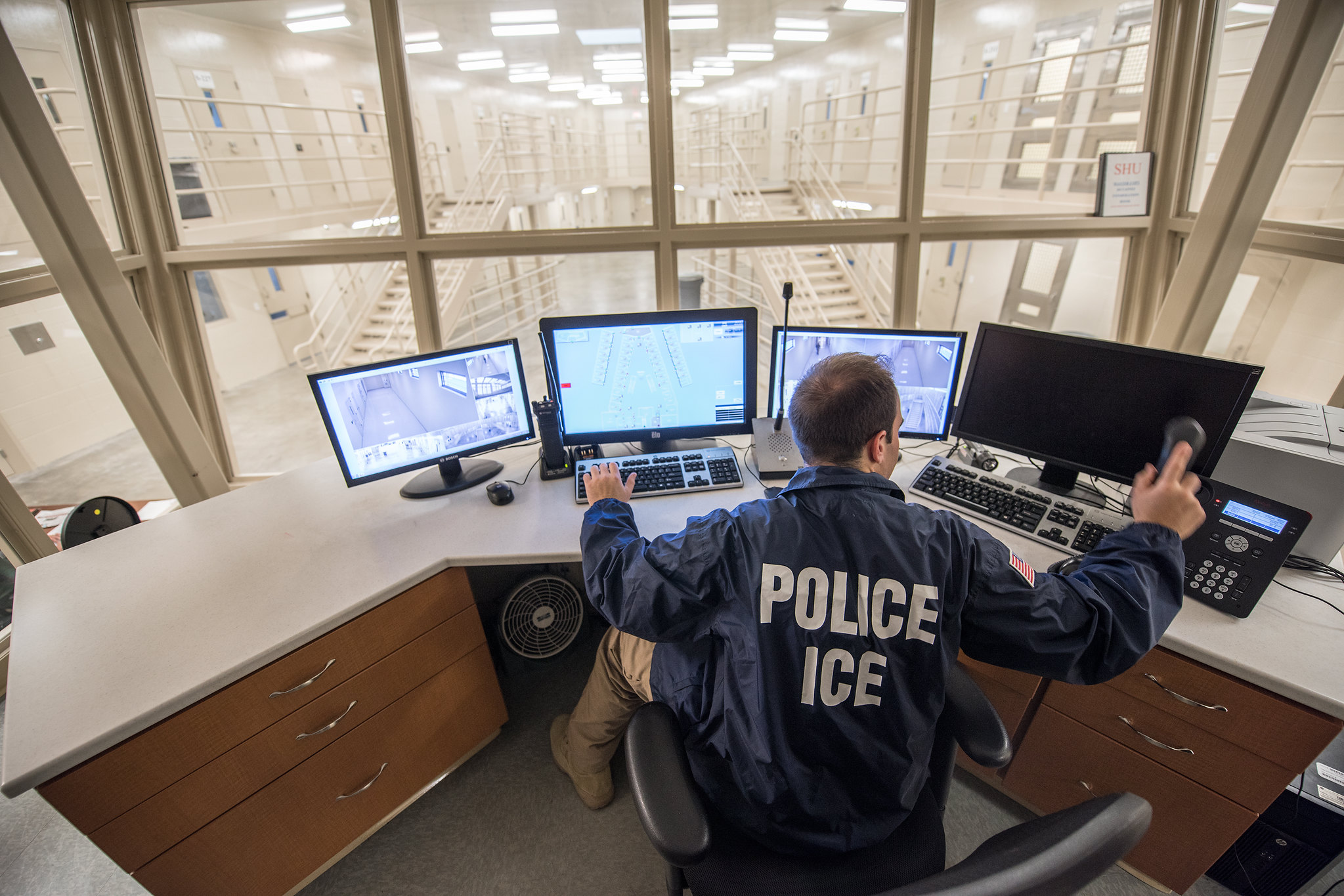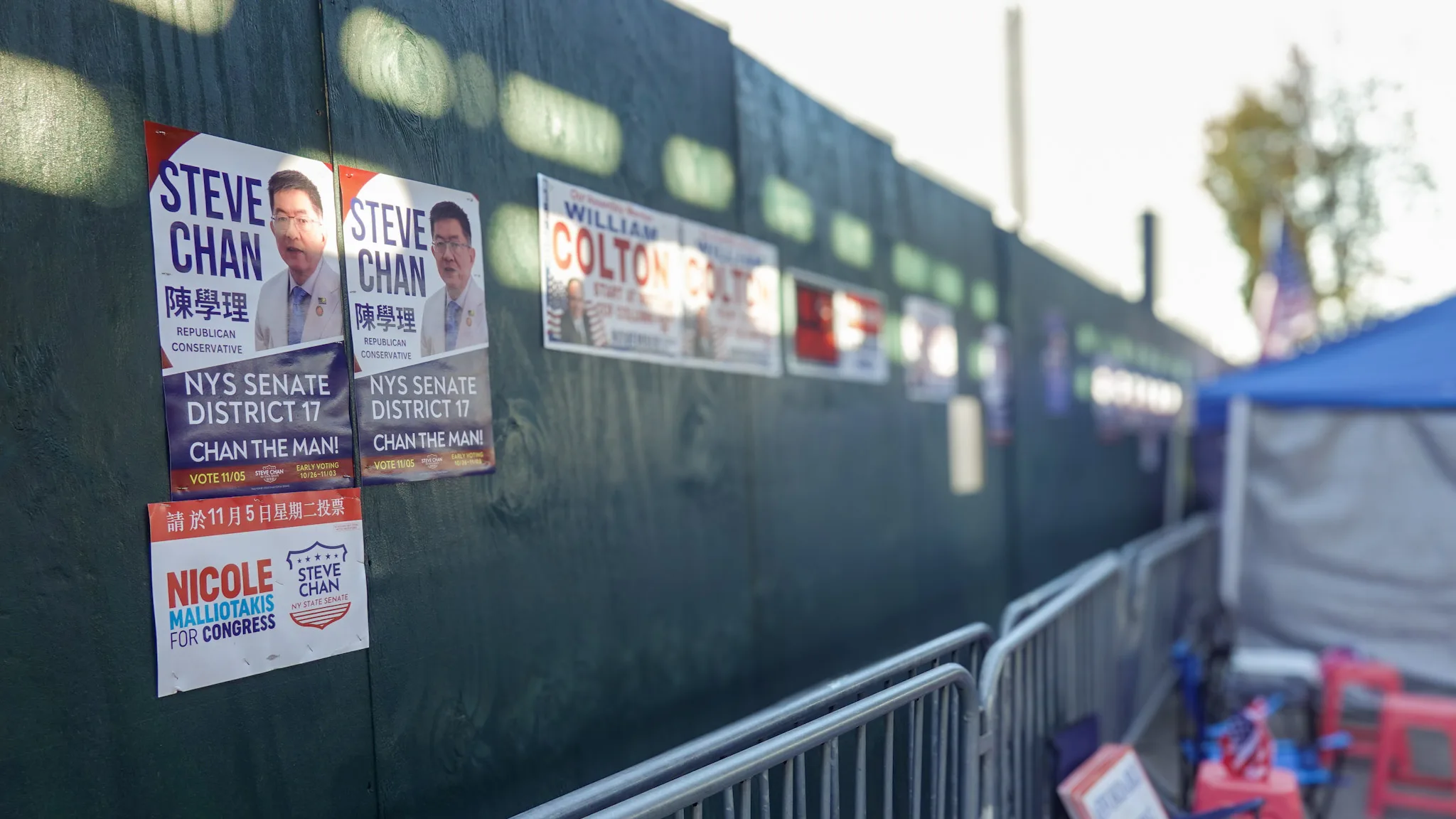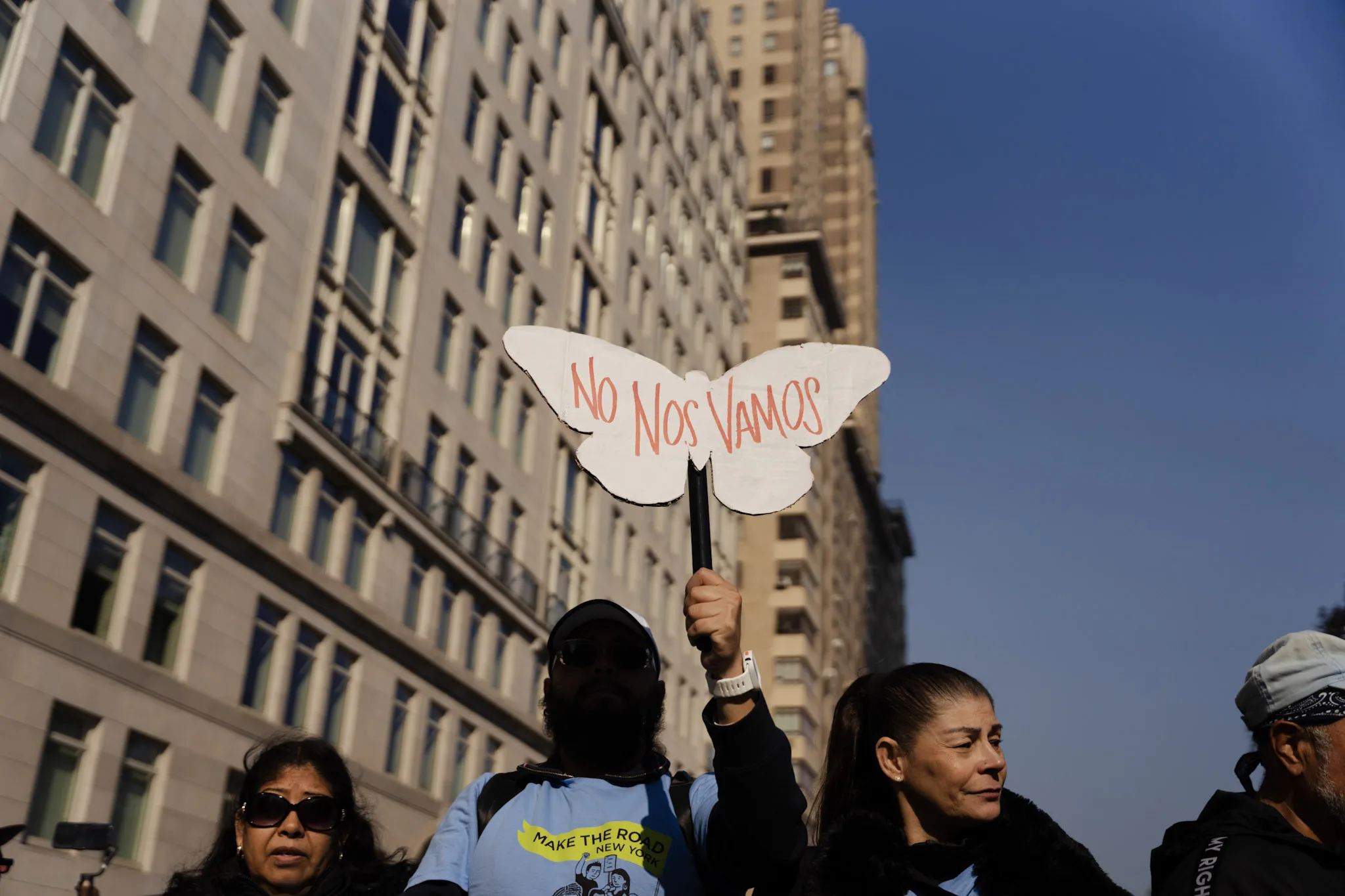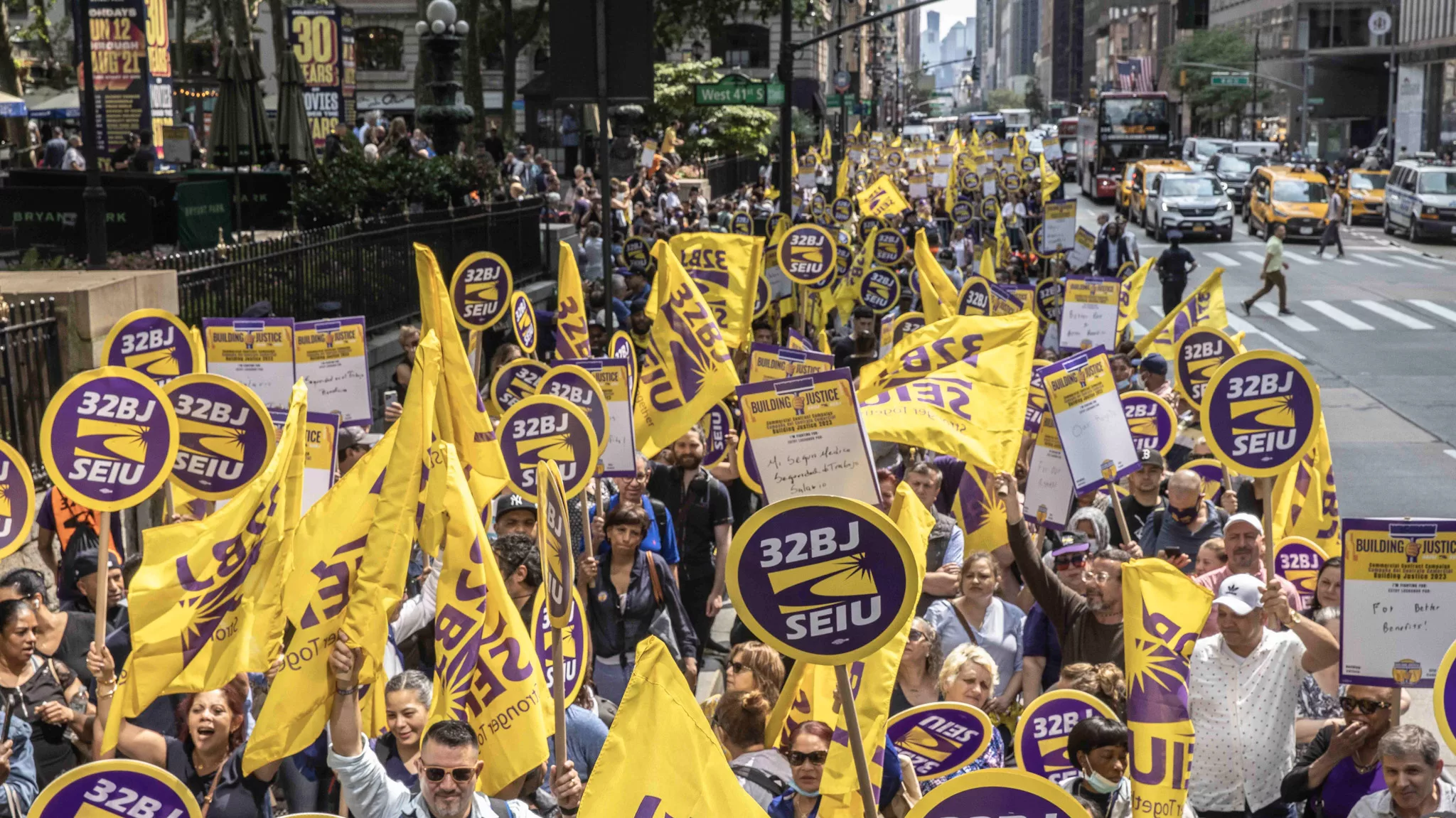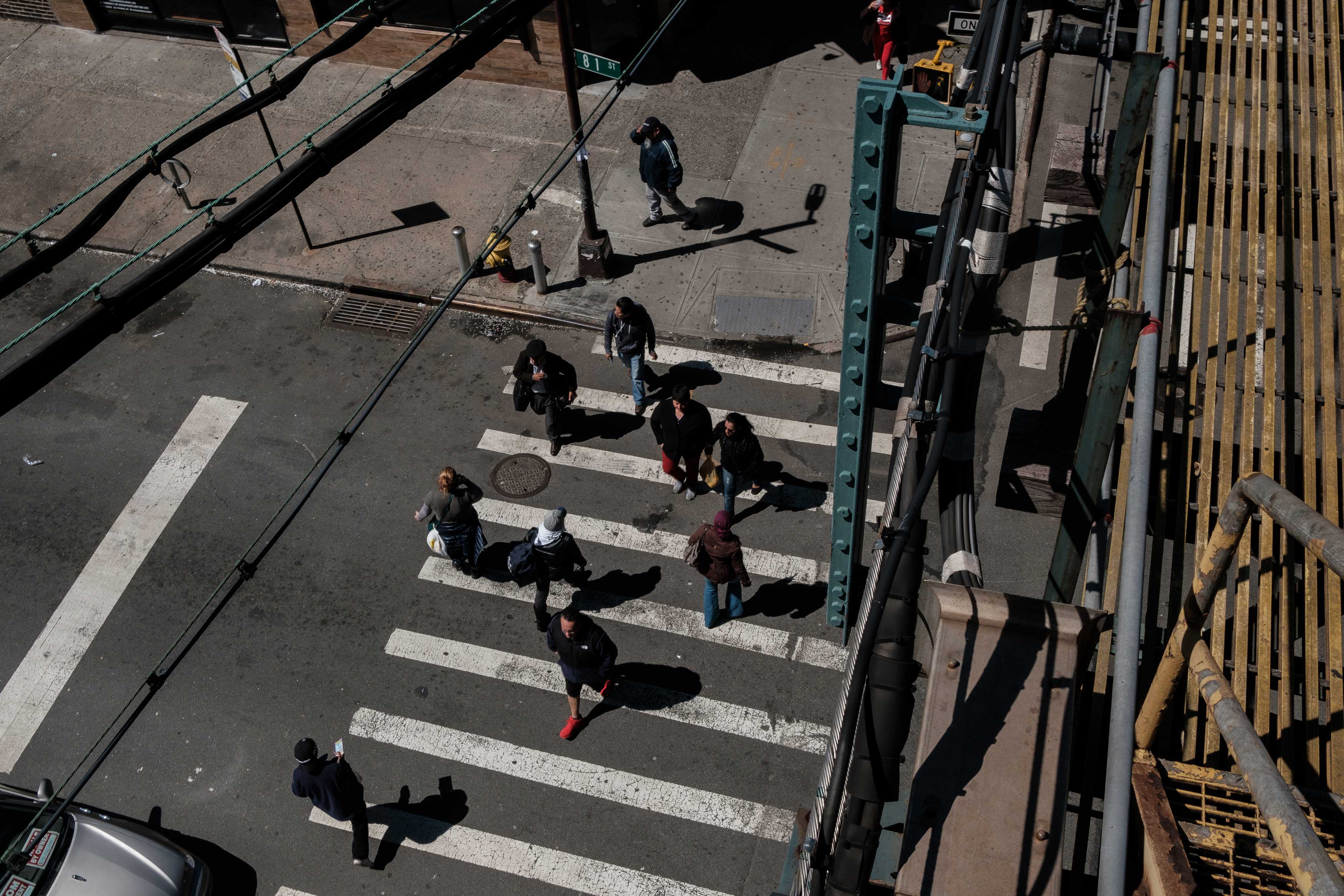This summary was featured in Documented’s Early Arrival newsletter. You can subscribe to receive it in your inbox three times per week here.
The anti-immigration-detention advocacy group Freedom for Immigrants released a new report showcasing how the U.S. immigration detention system hides where detainees are located from their families and advocates. Based on surveys, interviews and working with detainees and their loved ones, FFI uncovered 698 “enforced disappearances” of Immigration and Customs Enforcement detainees between 2017 and 2021. Yununen Alvarado Bustos’s father went missing in the detention system for over a week after coming into the U.S. in 2020, which she referred to as traumatizing. “It was painful not knowing where my dad was — or if he was even alive — was horrifying,” said Alvarado Bustos. Deanna Garcia for Documented.
In other federal immigration news…
Where are the 71,000 Migrants Under Remain in Mexico?
Since 2019, tens of thousands of asylum seekers have been sent to Mexico to complete their asylum claims under Trump-era’s “Remain in Mexico” policy, most of which still haven’t been processed. On Aug. 24, the U.S. Supreme Court ordered the Biden administration to restart the program after a temporary pause. According to Syracuse University’s Transactional Records Access Clearinghouse, the Trump administration sent over 71,000 asylum seekers to Mexico under the program. TRAC data also shows that over 8,800 migrants had their cases terminated, while 28,000 were ordered removed because they didn’t make it to their hearings. U.S. border officials have admitted close to 13,000 asylum seekers who were stuck due to “Remain in Mexico” since February, according to court records. AZ Central
344 Groups Call for a Halt on Haiti Deportations
A coalition of 344 organizations called on the Biden administration to expand relief for Haitian migrants and stop all deportations to the country. The groups said they’re “alarmed” that about 130 people have recently been deported to Haiti, especially after the country’s recent political crises and natural disasters. Gabrielle Apollon, supervising attorney and Haiti Project Co-Director at the NYU School of Law’s Global Justice Clinic, noted the Biden administration “already acknowledged how dire the circumstances were in Haiti prior to the earthquake when it redesignated Haiti for TPS,” meaning things likely have only gotten worse since. Advocates called on the Biden administration to grant humanitarian parole to allow Haitians stuck in Mexico to come to the U.S., protect migrants who don’t qualify for TPS and release Haitians from immigrant detention. The Hill
